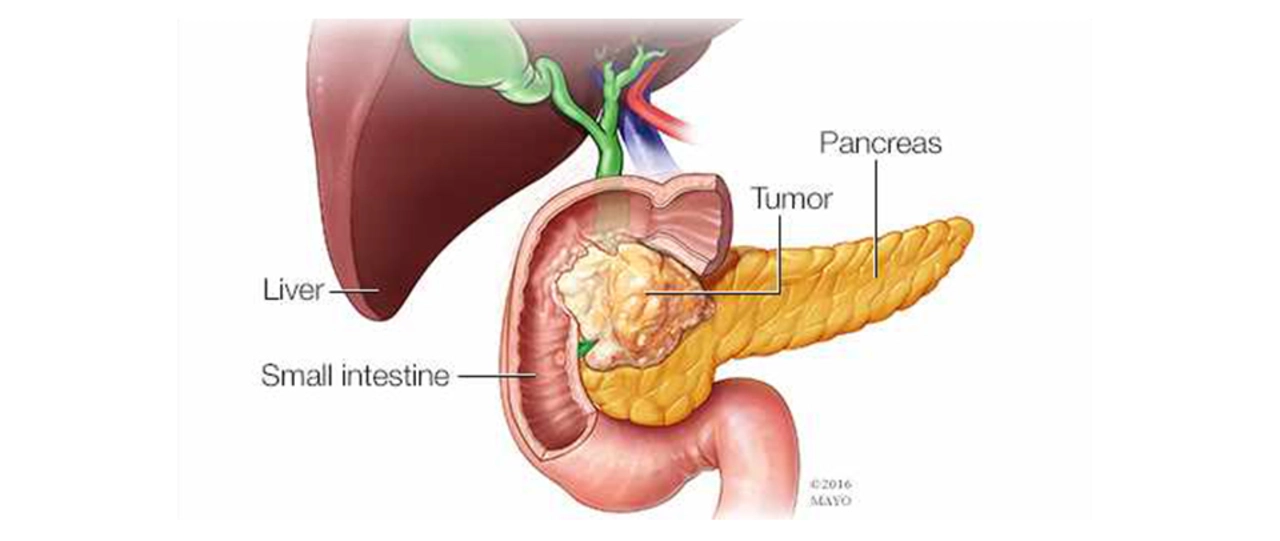Pancreatic Cancer: What You Need to Know
If you or someone you love has heard the word “pancreatic cancer,” a lot of questions probably pop up fast. It’s a tough disease, but knowing the basics can make dealing with it less scary. Below we break down the most common signs, what puts you at risk, how doctors find out if you have it, and the main ways to treat it. Think of this as your quick‑start manual.
Common Symptoms and When to Seek Help
The pancreas sits deep in the belly, so early warning signs are often vague. Most people notice a new, persistent pain in the upper abdomen that can spread to the back. Unexplained weight loss, loss of appetite, or feeling unusually full after a tiny meal are also red flags. Jaundice – yellowing of the skin and eyes – shows up when the tumor blocks the bile duct. If any of these symptoms stick around for more than a few weeks, call your doctor right away.
Diagnosis, Treatment & Living With Pancreatic Cancer
Doctors start with blood tests that look for markers like CA 19-9, then move to imaging – usually a CT scan or MRI. An endoscopic ultrasound can grab a tiny tissue sample for a biopsy, which confirms the cancer type and stage.
Treatment depends on how far the tumor has spread. If it’s caught early enough, surgery (the Whipple procedure is most common) aims to remove the tumor completely. When surgery isn’t possible, chemotherapy, radiation or newer targeted therapies help slow growth and ease symptoms. Many patients combine treatments for a better chance of control.
Living with pancreatic cancer means paying attention to nutrition and energy levels. Small, frequent meals that are low in fat can reduce pain. Staying active – even short walks – helps keep muscles strong and mood up. Talk to your care team about joining a support group; sharing experiences often lightens the emotional load.
Risk factors you can’t change include age (most cases appear after 60) and family history of pancreatic or related cancers. Lifestyle choices matter, too: smoking raises risk dramatically, and chronic pancreatitis from heavy alcohol use adds up over years. If you smoke, quitting now lowers your odds and improves treatment response.
Bottom line: early detection is rare but vital. Knowing the symptoms, getting checked promptly, and staying proactive with treatment options give you the best shot at managing this disease.
Pancreatic Cancer Research: Latest Developments and Breakthroughs
In recent years, pancreatic cancer research has made significant strides in understanding and treating this devastating disease. Some of the latest developments include advancements in early detection, such as the use of liquid biopsies, and breakthroughs in personalized targeted therapies. Additionally, researchers are focusing on understanding the tumor microenvironment to develop more effective immunotherapies. Furthermore, clinical trials are underway to test the combination of various treatment approaches for improved outcomes. As we continue to learn more about pancreatic cancer, there is hope that these breakthroughs will lead to better prognosis and survival rates for patients.
READ MORE
